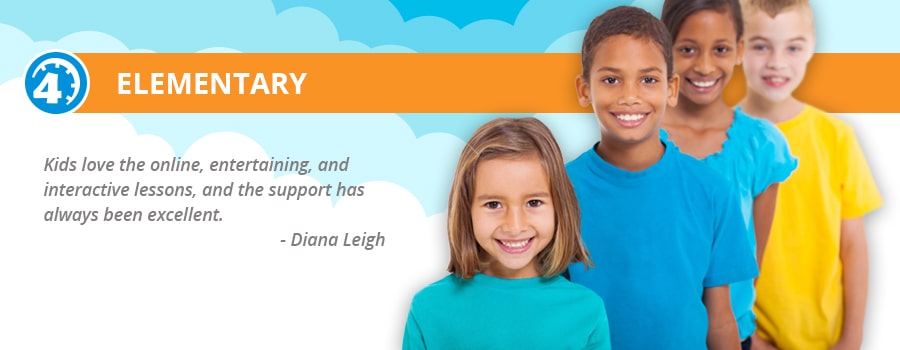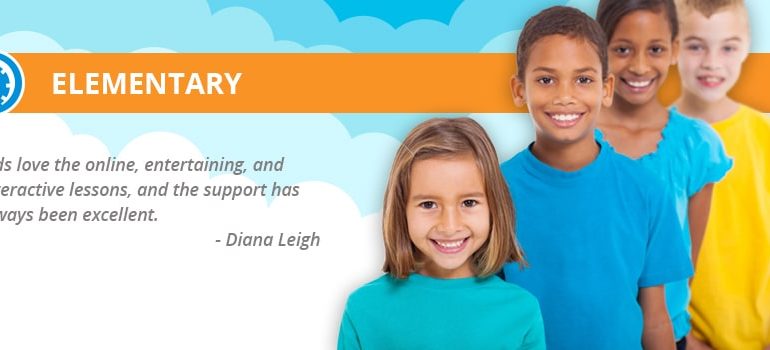
Building the Foundations of Knowledge and Character
Introduction
Elementary school serves as the initial stepping stone in a child’s educational journey, laying the foundations for academic excellence and personal growth. This crucial stage spans from kindergarten to fifth grade, encompassing the formative years when students develop essential skills, embrace creativity, and cultivate a love for learning. In this article, we delve into the typical grade levels and curriculum in elementary school, exploring the core subjects, teaching approaches, and the role of technology in shaping young minds.
Kindergarten: Nurturing the Joy of Learning
“Education is not the filling of a pail, but the lighting of a fire.” – William Butler Yeats
Kindergarten marks the beginning of formal education, where children are introduced to a structured learning environment while nurturing their natural curiosity and enthusiasm.
Play-Based Learning
Kindergarten emphasizes play-based learning, where children engage in hands-on activities, storytelling, and creative expression to develop social, emotional, and cognitive skills.
Foundational Subjects
Children are introduced to foundational subjects such as reading, writing, mathematics, and basic science concepts. Early literacy and numeracy skills are cultivated to foster a strong academic foundation.
Real-Life Example: Play-Based Math Learning
In Mrs. Smith’s kindergarten class, students use building blocks to learn basic math concepts. They stack blocks to understand addition and subtraction, fostering a playful and interactive approach to math.
Early Elementary Grades: Exploring the World Around Us
“Education is the passport to the future, for tomorrow belongs to those who prepare for it today.” – Malcolm X
In early elementary grades (first to third grade), students expand their knowledge and explore the world through an interdisciplinary approach.
Interdisciplinary Units
Teachers design interdisciplinary units that integrate various subjects, such as combining science and reading to explore animals and their habitats.
Hands-On Science
Science lessons involve hands-on experiments and observations, sparking curiosity and encouraging students to ask questions about the natural world.
Real-Life Example: Exploring Life Cycles
In Mr. Johnson’s second-grade class, students learn about life cycles by observing the growth of plants and raising caterpillars into butterflies. The project instills an appreciation for the wonders of nature.
Upper Elementary Grades: Mastering Core Subjects
“Education is the most powerful weapon which you can use to change the world.” – Nelson Mandela
In upper elementary grades (fourth and fifth grade), students deepen their understanding of core subjects and develop critical thinking skills.
Language Arts
Reading and writing skills are honed, with a focus on comprehension, fluency, and literary analysis. Students engage in book clubs and creative writing projects.
Mathematics
Mathematics instruction becomes more advanced, encompassing concepts such as multiplication, division, fractions, and problem-solving strategies.
Real-Life Example: Book Clubs
Ms. Martinez’s fourth-grade class participates in book clubs, where students read the same novel and discuss it in small groups. This collaborative approach fosters a love for reading and strengthens communication skills.
Technology in Elementary Education: Enhancing Learning Experiences
“Technology can become the “wings” that will allow the educational world to fly farther and faster than ever before – if we will allow it.” – Jenny Arledge
Technology integration plays an increasingly significant role in elementary education, enriching learning experiences and preparing students for the digital age.
Educational Apps and Games
Teachers use educational apps and games to reinforce concepts, making learning interactive and enjoyable for students.
Digital Literacy
Students develop digital literacy skills, learning how to navigate online resources safely and responsibly.
Real-Life Example: Digital Storytelling
In Ms. Lee’s fifth-grade class, students create digital storytelling projects, combining written narratives with multimedia elements such as images and audio. This project enhances creativity and technological proficiency.
Holistic Development: Fostering Character and Values
“Intelligence plus character—that is the goal of true education.” – Martin Luther King Jr.
Elementary school goes beyond academic learning; it emphasizes character development and instilling core values.
Social-Emotional Learning
Social-emotional learning programs focus on building empathy, communication, and conflict resolution skills, fostering a positive and inclusive school culture.
Community Service
Many elementary schools engage students in community service projects, instilling a sense of responsibility and compassion for others.
Real-Life Example: Acts of Kindness
As part of a character education program, students in Mrs. Williams’ third-grade class perform random acts of kindness in and outside the school. They share their experiences, encouraging a culture of kindness and empathy.
Conclusion
“The beautiful thing about learning is that nobody can take it away from you.” – B.B. King
Elementary school forms the bedrock of a child’s educational journey, cultivating a love for learning, critical thinking skills, and core values. Kindergarten nurtures curiosity through play-based learning, while early and upper elementary grades deepen students’ knowledge across core subjects.
Technology integration enhances learning experiences, preparing students for the digital age. Holistic development includes character education, emphasizing empathy, responsibility, and community service.
In this crucial phase, educators and parents collaborate to provide a supportive and enriching environment, enabling young minds to grow, flourish, and embark on a lifelong journey of learning and discovery.










